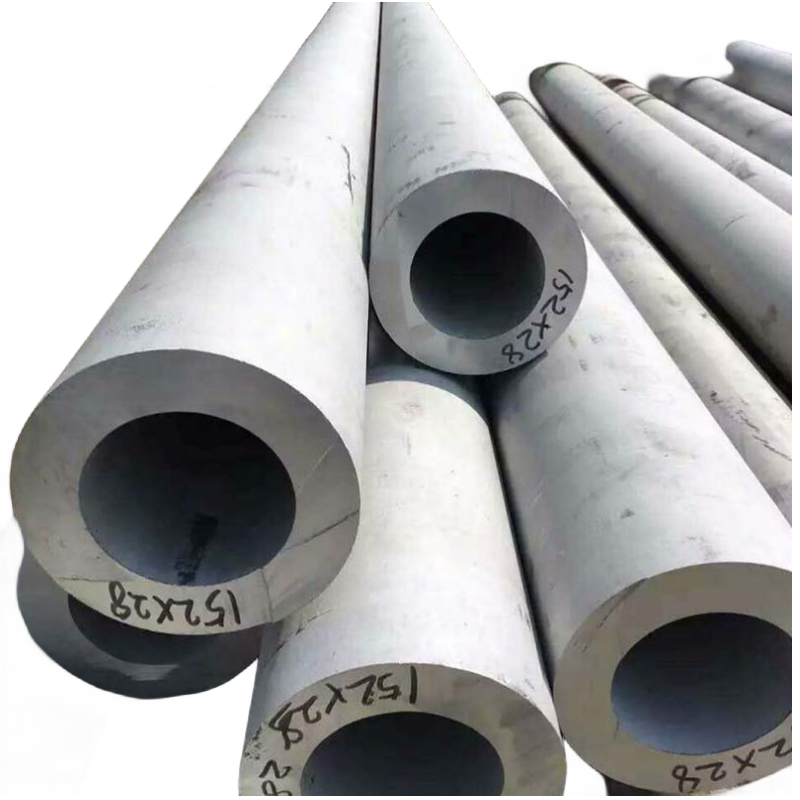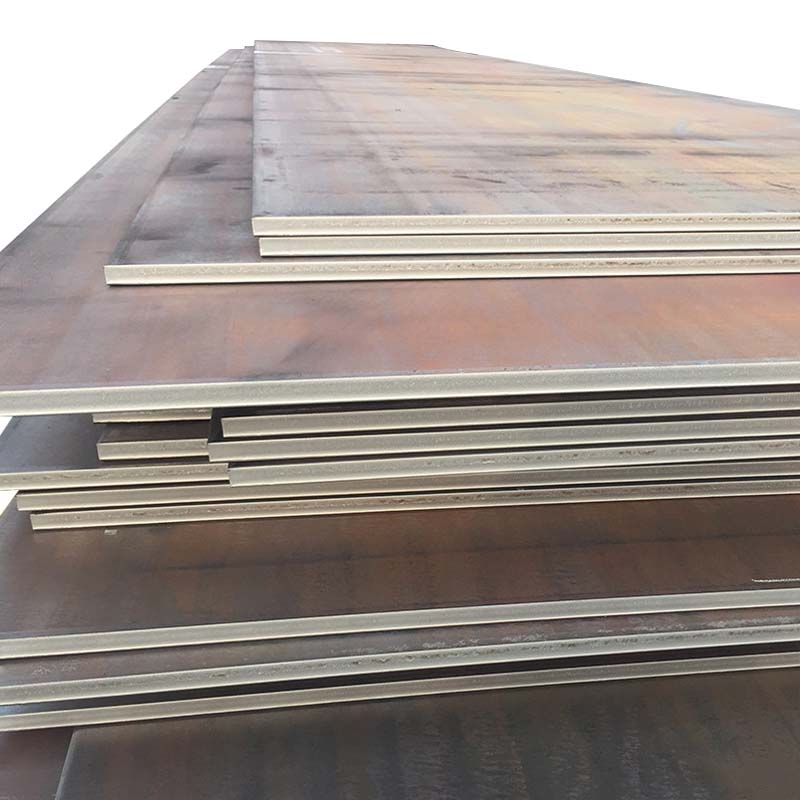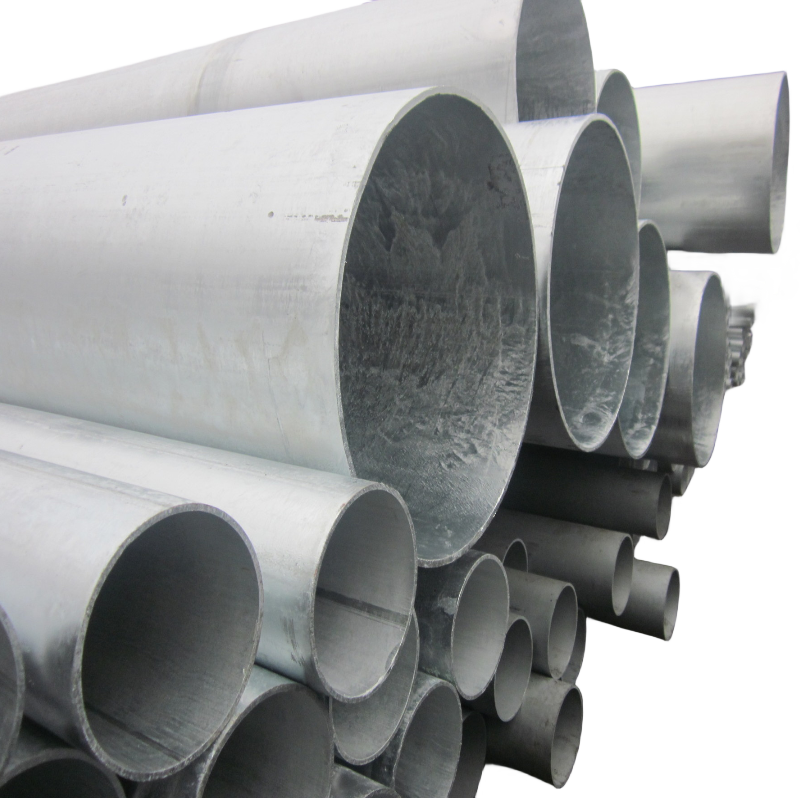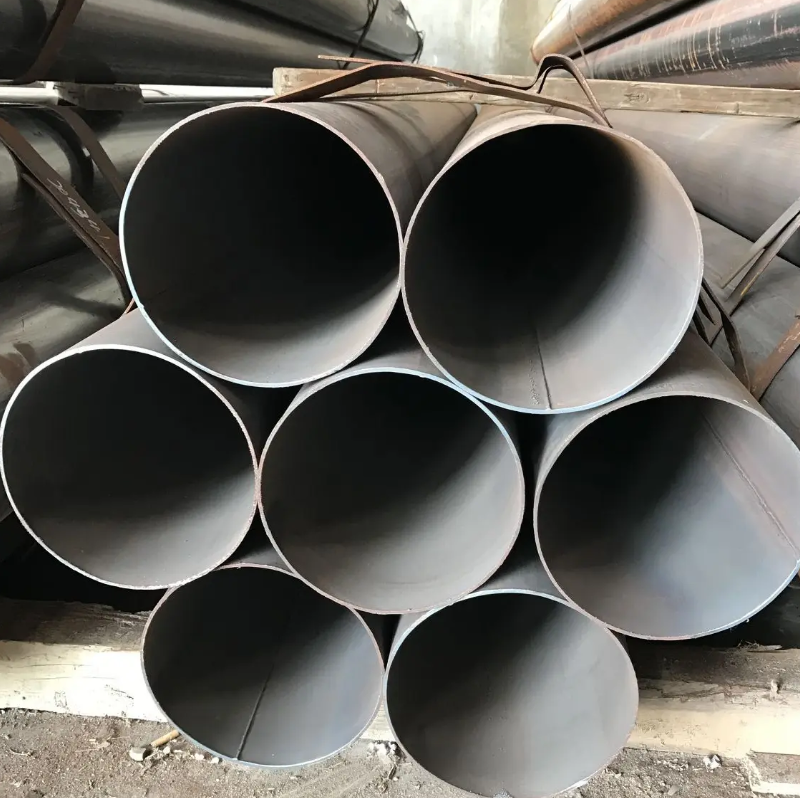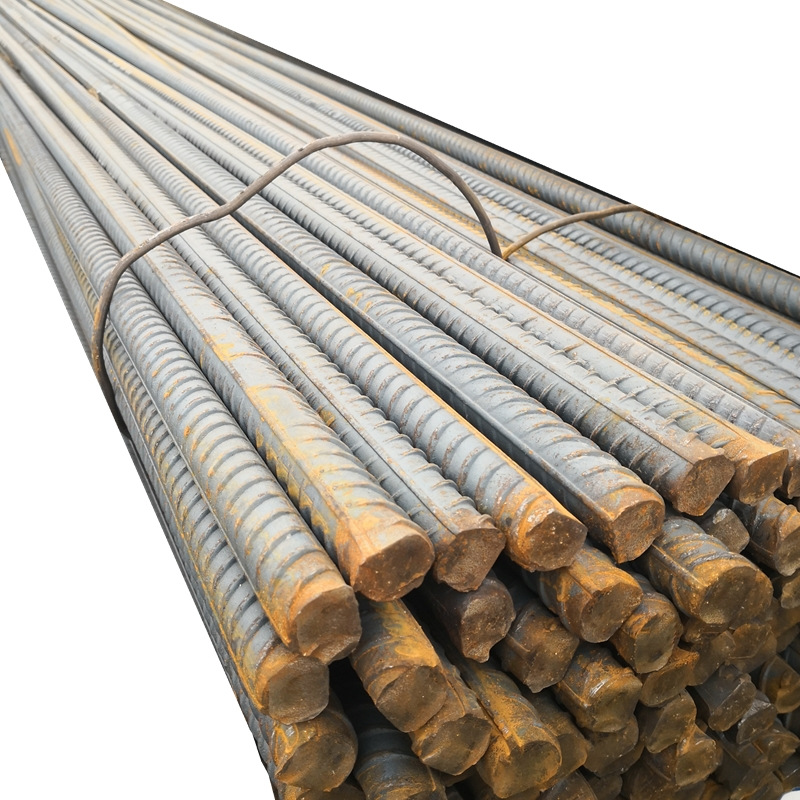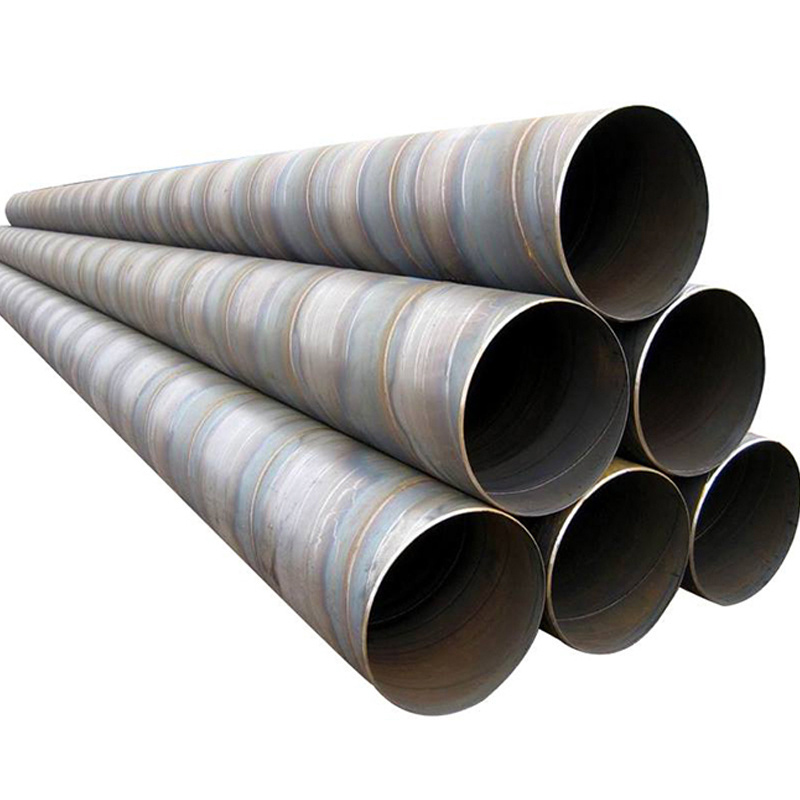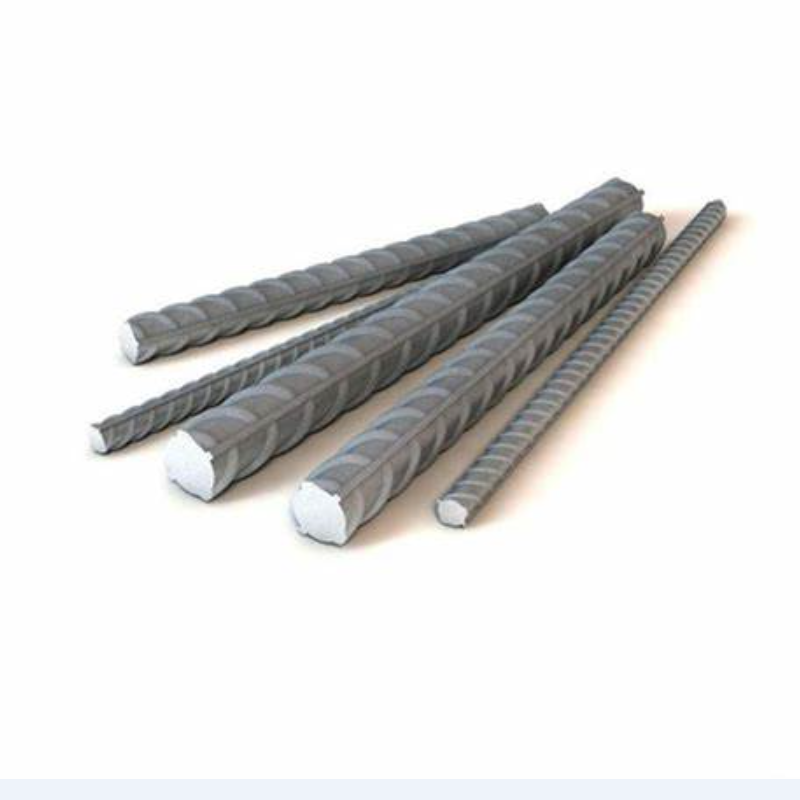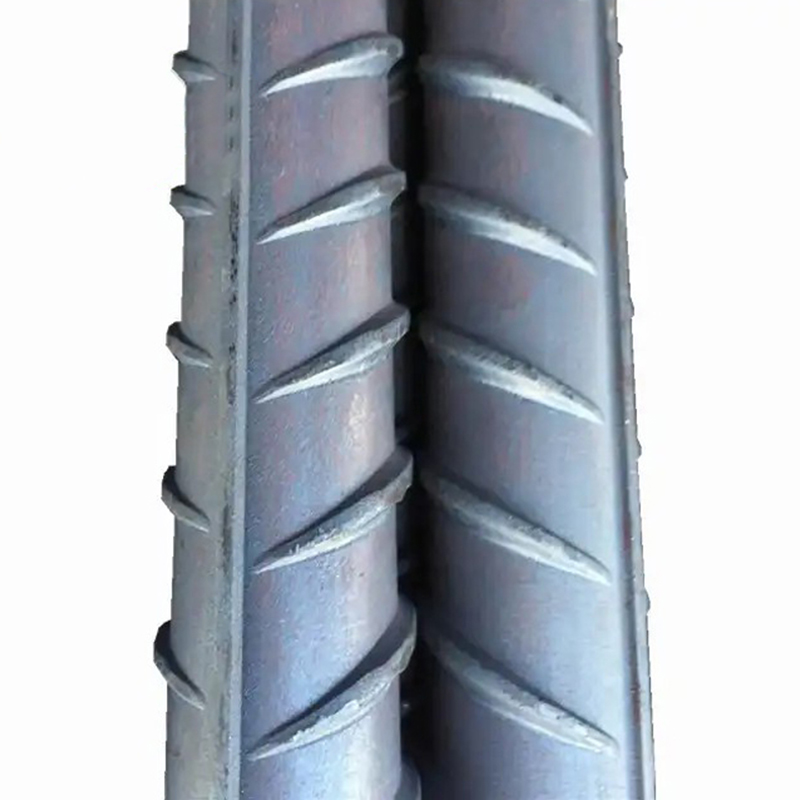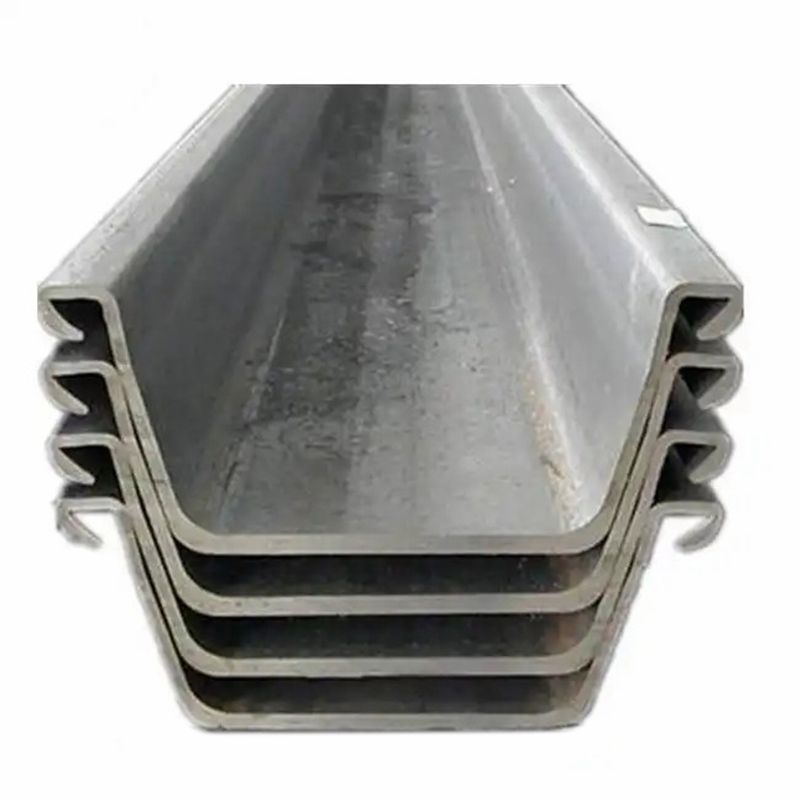Finishing and treatment of stainless steel plates
The finishing and treatment of stainless steel plates improves their appearance, performance and durability through a series of processes to meet the needs of various applications.
1. Surface polishing
Polishing can remove impurities on the surface of stainless steel plates, making them smooth and mirror-like, and is often used for decorative purposes.
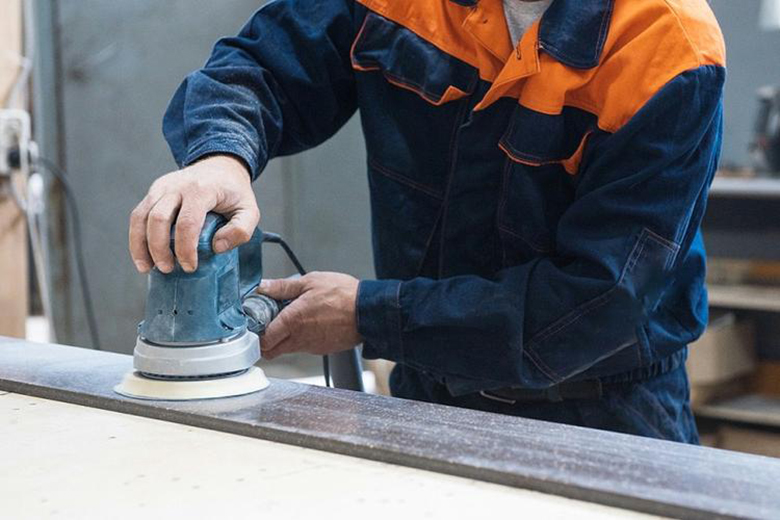
2. Pickling and passivation
Pickling can remove surface oxides and rust, while passivation enhances the corrosion resistance of stainless steel by forming a protective layer on the surface.
3. Wire drawing
Wire drawing forms parallel textures through mechanical processing, which is not only beautiful, but also enhances the anti-fingerprint and anti-fouling properties of the plate.
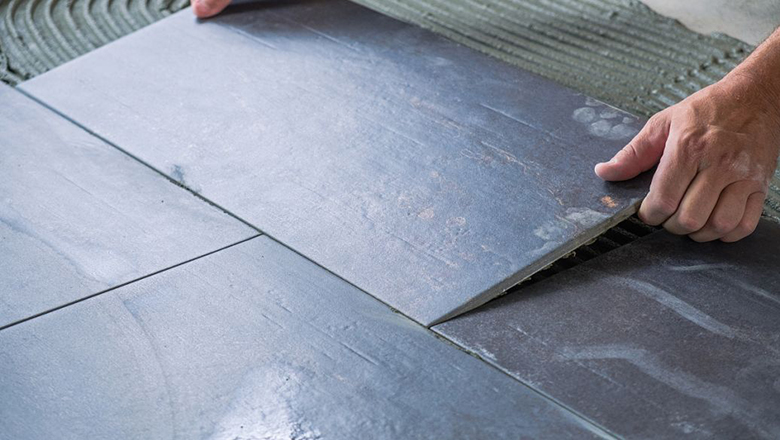
4. Sandblasting
Sandblasting can provide a matte effect on the surface of stainless steel and improve wear resistance, which is suitable for industrial and decorative applications.
5. Embossing and stamping
This type of processing forms a three-dimensional pattern or pattern on the surface of stainless steel, improving decorativeness and anti-slip properties, and is widely used in the field of architectural decoration.
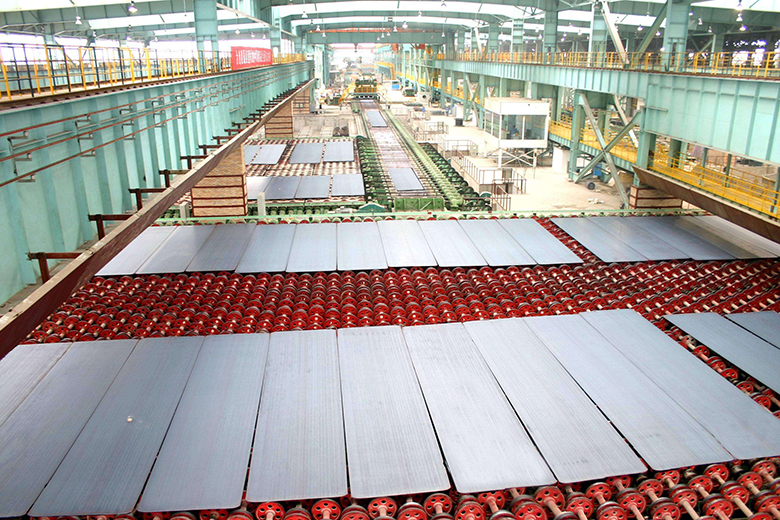
6. Coating treatment
Through coating technologies such as PVD, stainless steel plates can obtain a variety of colors and better corrosion resistance, and are often used in high-end applications.
7. Heat treatment
Heat treatment improves the mechanical properties and strength of stainless steel, making it suitable for applications with high strength requirements.
These finishing and treatment processes enhance the versatility of stainless steel plates, making them widely used in many fields such as industry and construction.

